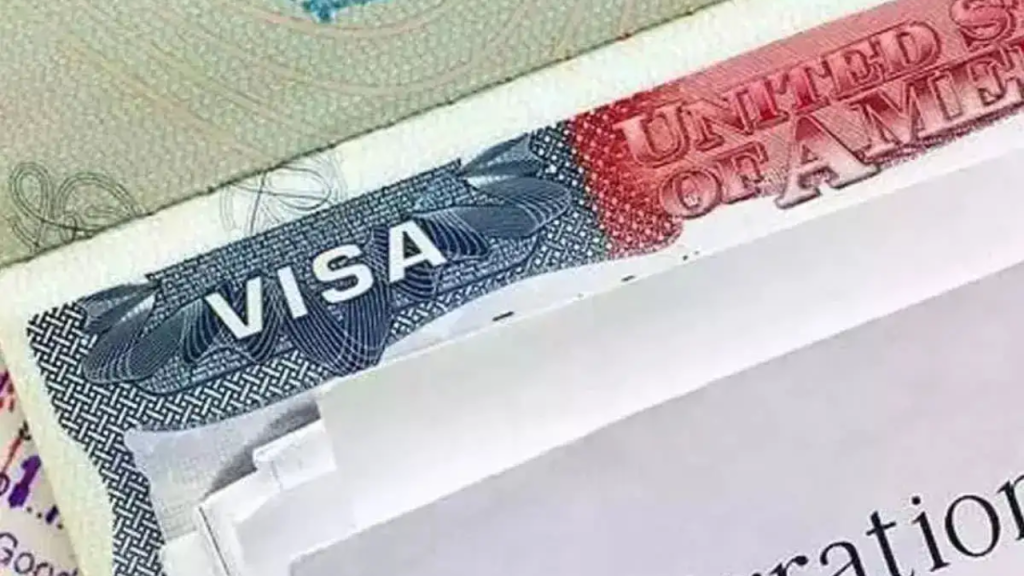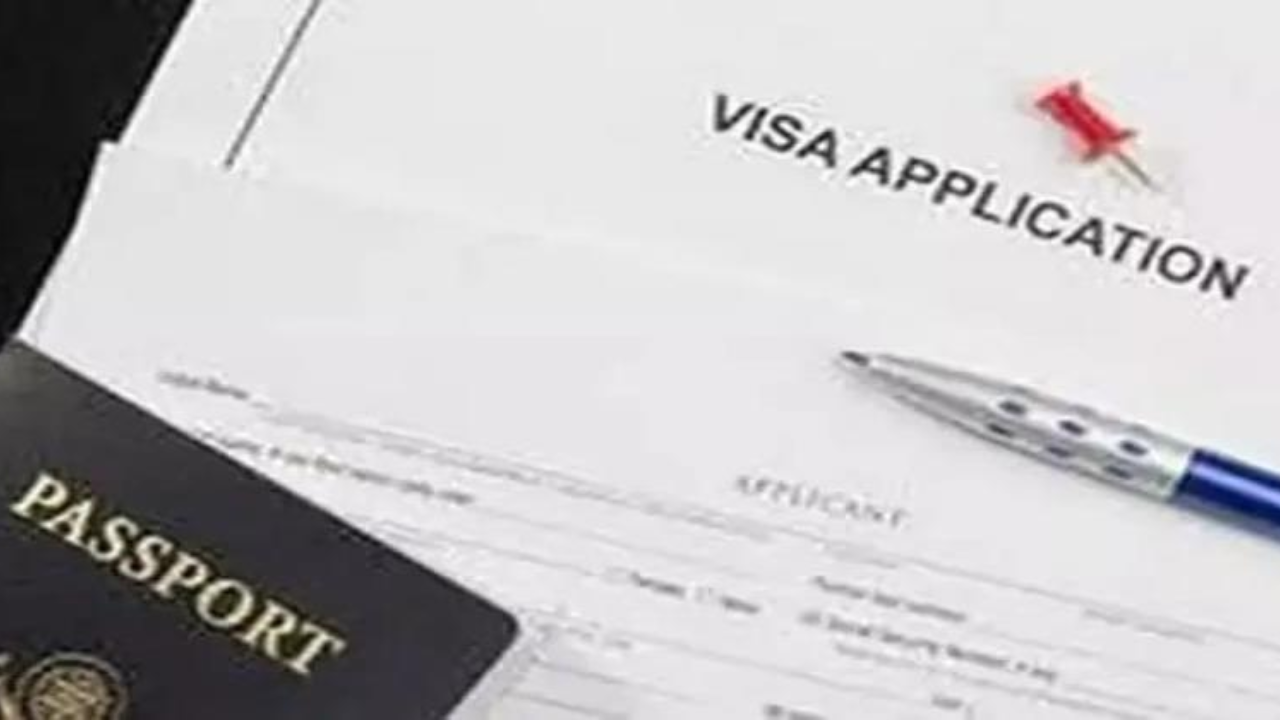The United States government has temporarily stopped scheduling new student visa interviews globally, a move that is expected to cause major delays for thousands of international students seeking to study in the country. This pause comes as part of a broader effort by the U.S. Department of State to expand social media vetting for student visa applicants.
The halt affects all categories of international student visas, including the most common F, M, and J visa types. The decision was announced through a directive issued by Secretary of State Marco Rubio, instructing all U.S. embassies and consulates worldwide to immediately stop adding new appointments for student visa interviews until further notice.
What Led to the Pause?
The expanded vetting process involves a more comprehensive review of visa applicants’ social media activity. This new scrutiny will cover popular platforms such as Instagram, X (formerly Twitter), TikTok, Facebook, and others, aiming to assess potential risks related to national security. Authorities will be checking for signs of support for foreign terrorist organizations, hate speech, antisemitism, and other activities that may raise red flags.
This initiative reflects the Trump administration’s ongoing effort to tighten immigration policies, particularly those concerning international students. It follows previous controversial actions, including attempts to revoke Harvard University’s authorization to enroll international students—a decision that was temporarily blocked by a federal judge.

How Will This Affect Students?
The immediate impact is significant. With no new interview slots available, prospective students worldwide face uncertainty regarding their visa application timelines. The backlog of applicants is expected to grow, causing delays that could disrupt academic calendars, enrollment plans, and scholarship timelines.
Universities across the U.S., many of which rely heavily on international students for both diversity and funding, are already expressing concern. International students contribute billions to the U.S. economy annually, and delays in visa processing may discourage prospective applicants.
What Is the Social Media Vetting Process?
According to the U.S. Department of State, visa officers are required to review publicly available social media information as part of the application process. This expanded vetting involves the examination of an applicant’s posts, interactions, and followers to uncover any content that may indicate security risks.
This process raises questions about privacy and the fairness of evaluating candidates based on their online presence. Critics argue that such reviews can be subjective and might infringe upon academic freedom, free speech, and cultural differences in social media usage.
Official Government Guidelines and Resources
The U.S. Department of State provides detailed information about visa application requirements and processes on its official site. Applicants are encouraged to review the guidelines before applying:
Additionally, the U.S. Citizenship and Immigration Services (USCIS) offers resources on the visa adjudication process and recent updates on security-related vetting
Reactions from Universities and Student Advocates
Many academic institutions have voiced opposition to the expanded vetting and the halt in interviews. They warn that these measures could severely hamper international students’ ability to begin or continue their studies in the U.S.
Student advocacy groups are also concerned that the social media vetting policy might disproportionately affect certain communities and countries, exacerbating already existing barriers in accessing education.
What Should Prospective Students Do?
Those planning to study in the United States are advised to stay informed through official government channels and maintain regular contact with their university’s international student office.
Applicants should prepare all required documentation meticulously, including up-to-date and accurate social media profiles, as visa officers increasingly scrutinize this information.
Background on International Student Visas
The F-1 visa is the most common student visa for academic studies, allowing students to attend U.S. universities and colleges full-time. The M-1 visa is for vocational or technical training, while the J-1 visa is for exchange visitors participating in programs promoting cultural exchange.
Each visa category has specific requirements and application procedures, and all are subject to security vetting, which has now intensified.
Impact on U.S. Education and Economy
International students represent a vital part of the U.S. educational system. In the academic year prior to the policy change, over one million international students were enrolled in U.S. institutions, contributing approximately $41 billion to the economy annually, according to the National Association of Foreign Student Advisers.


